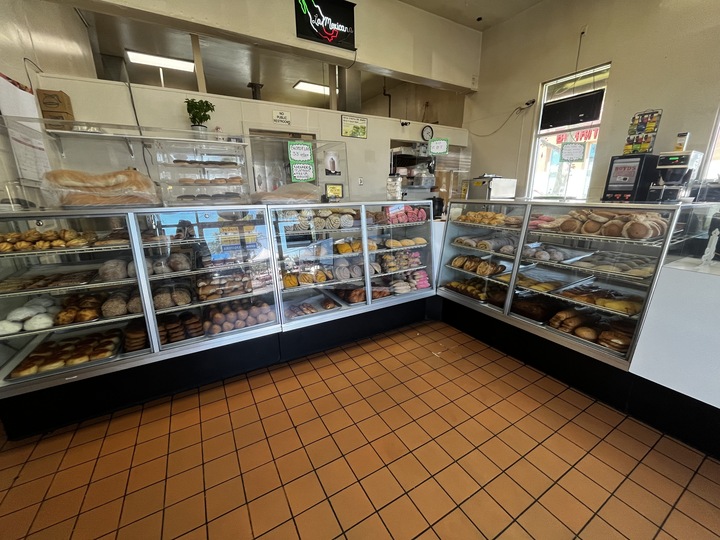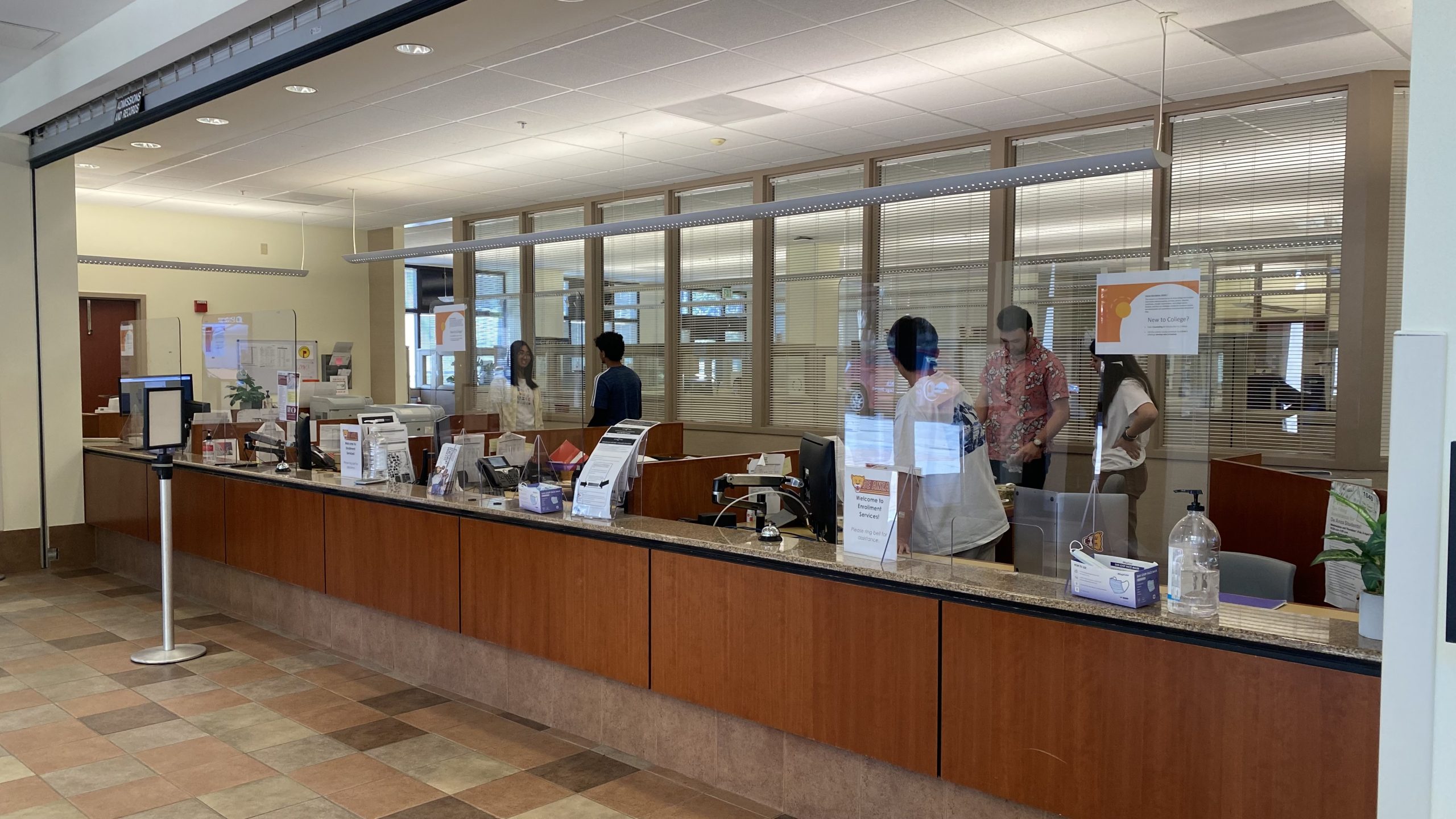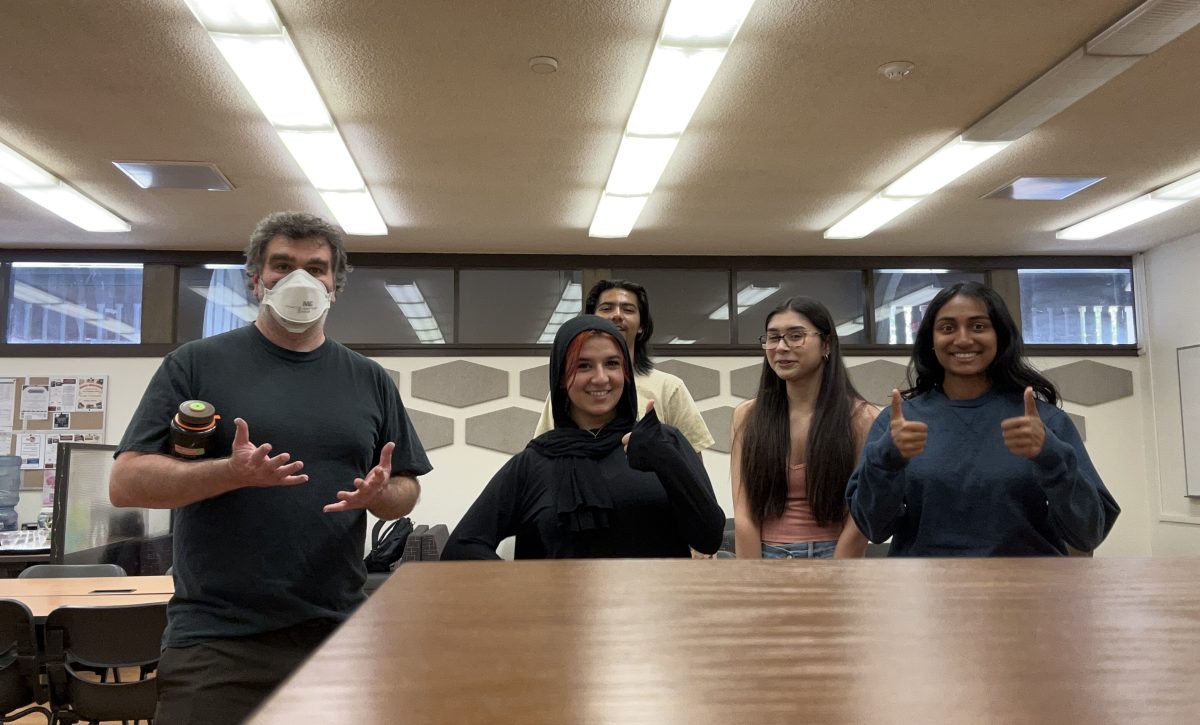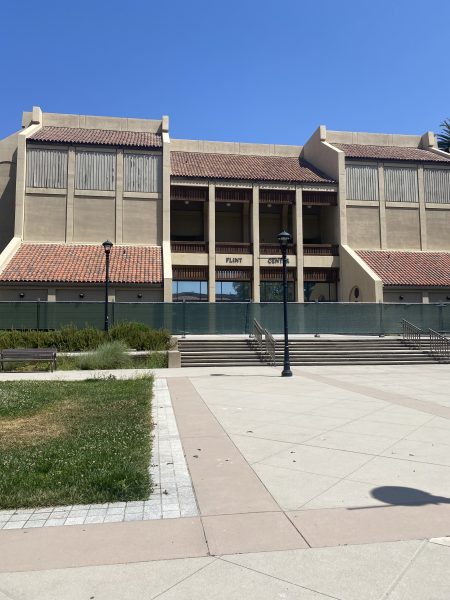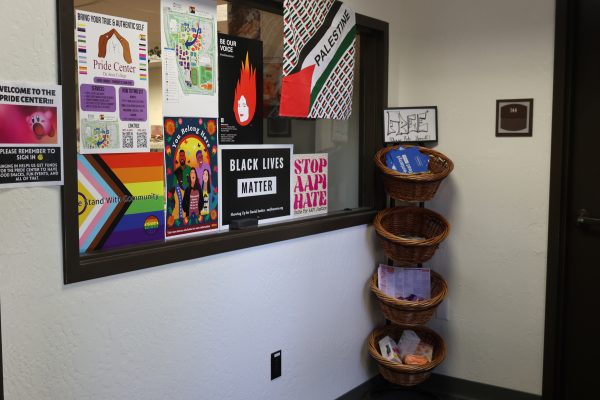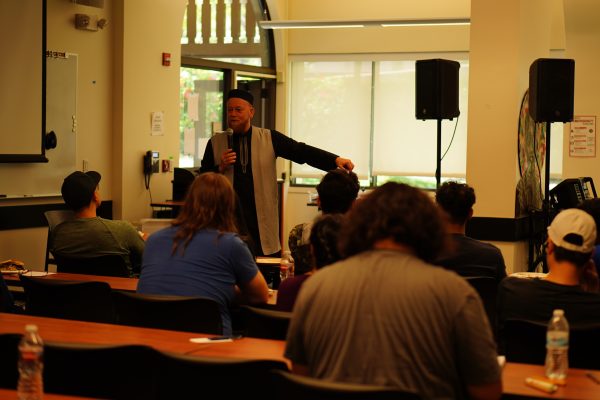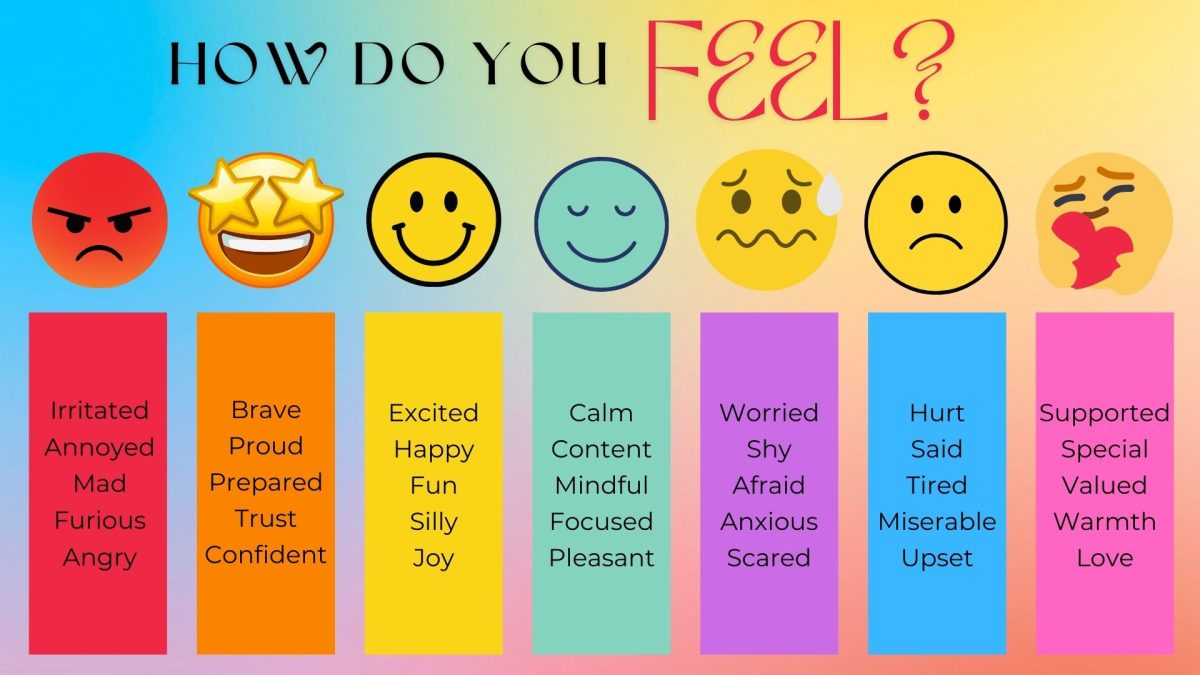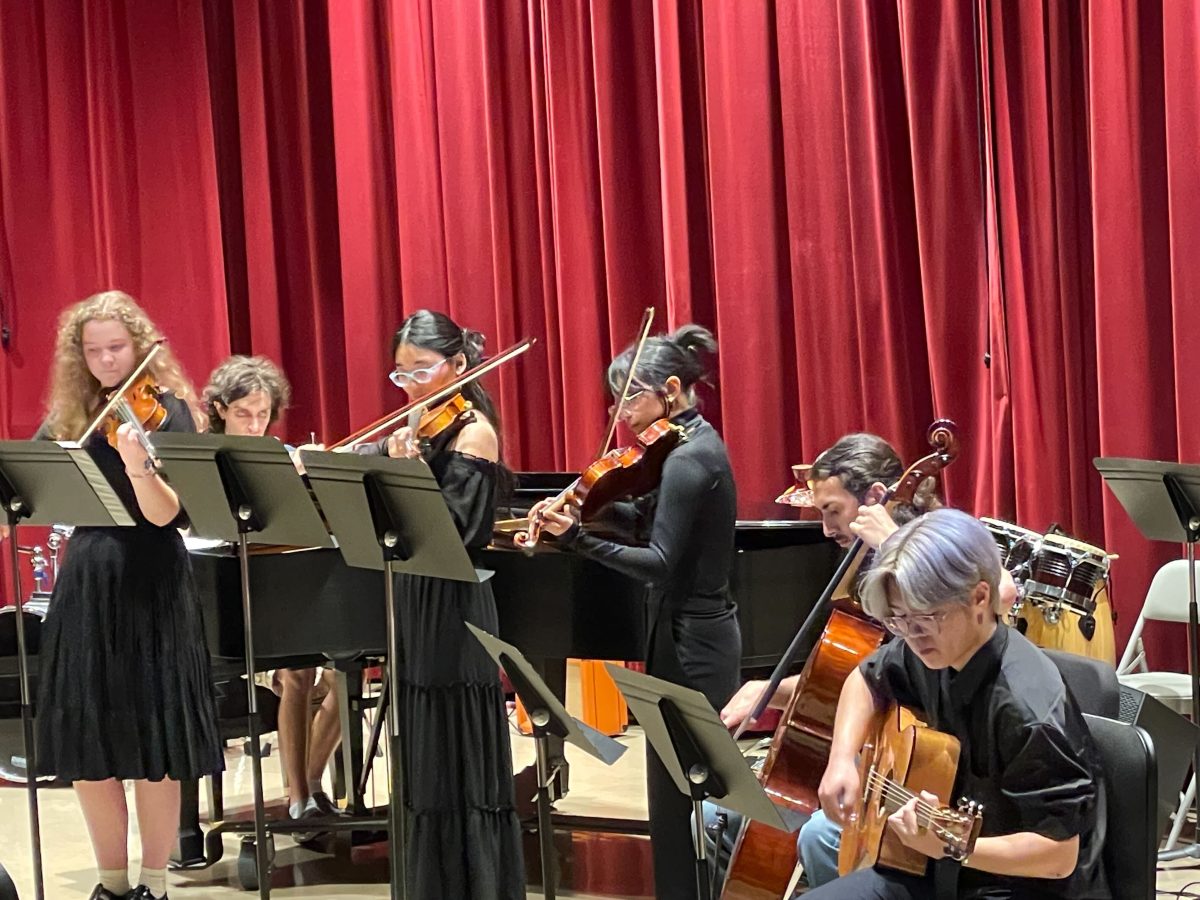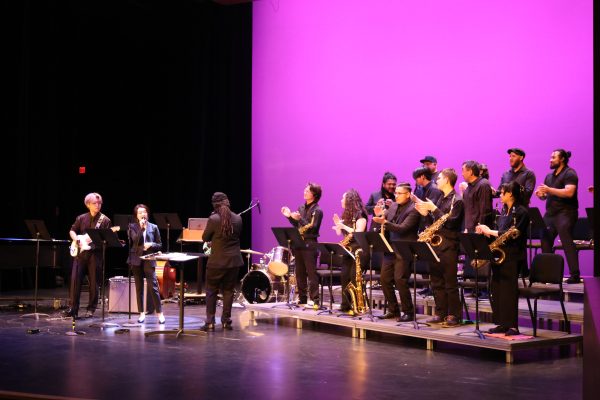Quarter system puts students in an unnecessary rush
October 18, 2018
This article is one of a two-part debate. The opposing argument can be found here.
From an administrative viewpoint, the quarter system may help keep costs down, but for students, the savings may not be worth it.
When I first started at De Anza, the quarter system looked like a big plus. Having already held a B.A. and needing only 40 additional units, I was hoping to finish this second degree within a year or at most three. It was a major miscalculation.
I had heard complaints about the quarter system before, but they didn’t bother me, until my second quarter, when I was almost kicked out of a class.
If I hadn’t persisted and stayed on the waitlist until the last minute, this would have derailed my education plan entirely.
The argument that the quarter system allows students to take more classes within a shorter period of time is theoretical. Many courses are offered only once a year, limiting the choices students actually have.
If one of those classes gets canceled or overregistered, students would have no choice but to wait out.
What troubles me most about the quarter system, however, is its unforgivingly hurried pace. Half of my classes felt like cramming marathons.
I barely had time to digest the content before I had to turn it into something grade-able. The stress of constant quizzes and essays takes out the fun in learning.
So much seems to get cut out when a 16-week course is compressed into 12.
Sometimes I was left feeling confused, incomplete, wondering if I could claim to have finished the course after turning in the last assignment.
In the meantime, I found myself constantly checking my calendar to make sure I am on track with registration, payment and all those irritating administrative deadlines.
Having gone to a semester calendar college, I can’t help but notice the difference a slower pace made. Students and teachers seemed to get to know each other better.
The learning was no less rigorous if not more thorough. Life felt more balanced, making room for reflection and rumination, all of which are important parts of an education.




